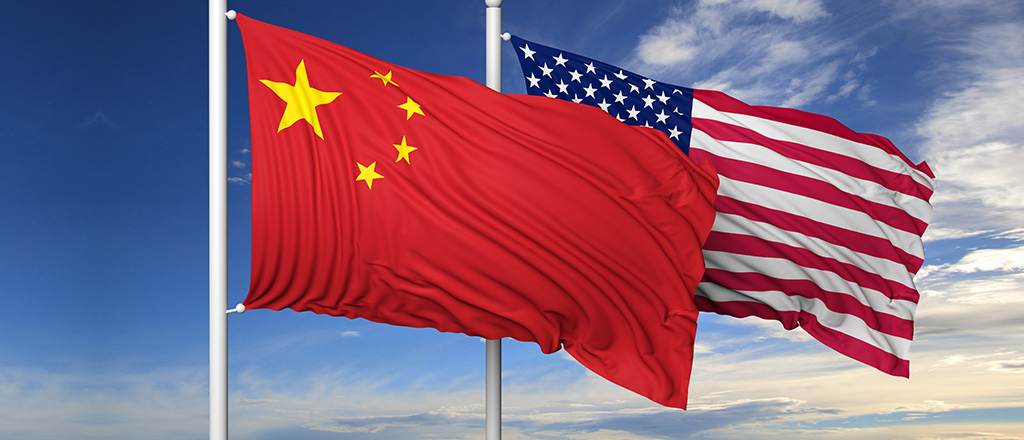China to hit US with tariffs
March 23, 2018 | Expert Insights

China plans to impose tariffs on US$3 billion worth of imports of US goods, increasing trade tensions between the two countries.
Background
China is a major market for US agricultural products, machinery, and cars as well as other products. In 2016, China was the third largest market for US exports. On the other hand, according to the American Apparel & Footwear Association, more than 41% of clothing and 72% of footwear sold in the US are made in China.
“US-China bilateral trade investment ties are integrated with global supply chains. So a US-China trade war is necessarily going to have an effect on companies and consumers in other countries,” said Scott Kennedy, an expert on Chinese economic policy at the Center for Strategic and International Studies in Washington.
A trade war between the world’s two biggest economies threatens to wear down multilateral and bilateral trade regulations governing global markets since the 1990s. “A rules-based system gives a basic sense of order to international economic relations. If that is gone, then when the next global financial crisis hits, we could see a return to global tit-for-tat protectionism, a pattern of the 1930s that we should not wish to repeat,” noted Gregory Shaffer, a professor at the University of California’s Irvine School of Law.
Aside from trade, the disagreement indicates a change in US-China relations where economic and political ties no longer encourage reforms and liberalization in China. This was partly the reason behind the disputes between the US and China in the 1970s.
Analysis
US President Donald Trump’s announcement of tariffs on US$60 billion worth of Chinese imports last week raised the prospect of a trade war, which is expected to threaten the global economy. The upcoming trade sanctions have triggered retaliation by China’s foreign ministry, which said that Beijing would take “all legal measures to protect our interest.”
On Friday, the Chinese Commerce Ministry that it has proposed trade sanctions that would target US-made products ranging from pork to steel pipes. The decision was introduced shortly after Trump declared levelling tariffs on about US$50 billion worth of Chinese imports following a seven-month investigation into intellectual property theft.
Besides the tariffs, the United States may also impose new investment restrictions, take action against China at the World Trade Organization, and prompt the Treasury Department to suggest additional measures.
China's Commerce Ministry did not identify the proposed measures as direct response to the Trump administration. Nevertheless, it noted that the decision to possibly retaliate with trade measures was based on the decision by the US, in early March, to apply tariffs on imports of steel and aluminium. The ministry added that it could sanction more than 120 goods, including American nuts and wines. The import tariffs are likely to range from 15% to 25%.
This past week has seen a number of disputes between both China and the US. China said it would also follow up its own appeal against the United States at the World Trade Organization. However, the recent tariffs issue is the first time the United States has directly targeted China with significant trade sanctions. Previously, measures against aluminium, steel, and solar panels have applied to imports from other countries too. China has reiterated that it does not want to indulge in any kind of trade war, but warned that it would take "firm and necessary" countermeasures, if required.
Assessment
Our assessment is that not only will the US and Chinese businesses and consumers be negatively impacted by reduced demand and increased prices of goods, but other countries will experience collateral damage as well. We believe that no one will benefit from protectionist policies. By implementing tariffs, prices will rise across industries hurting both producers and consumers. Nonetheless, the proposed tariffs could encourage domestic Chinese sentiment to turn against the US.








Comments